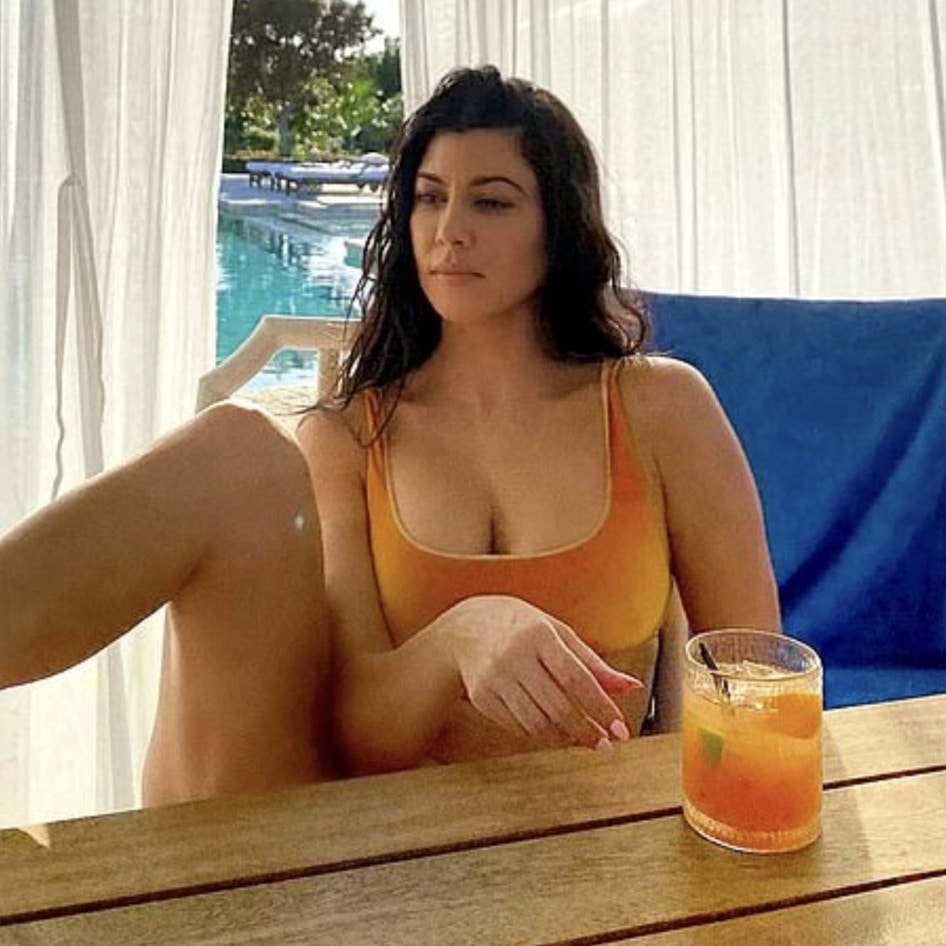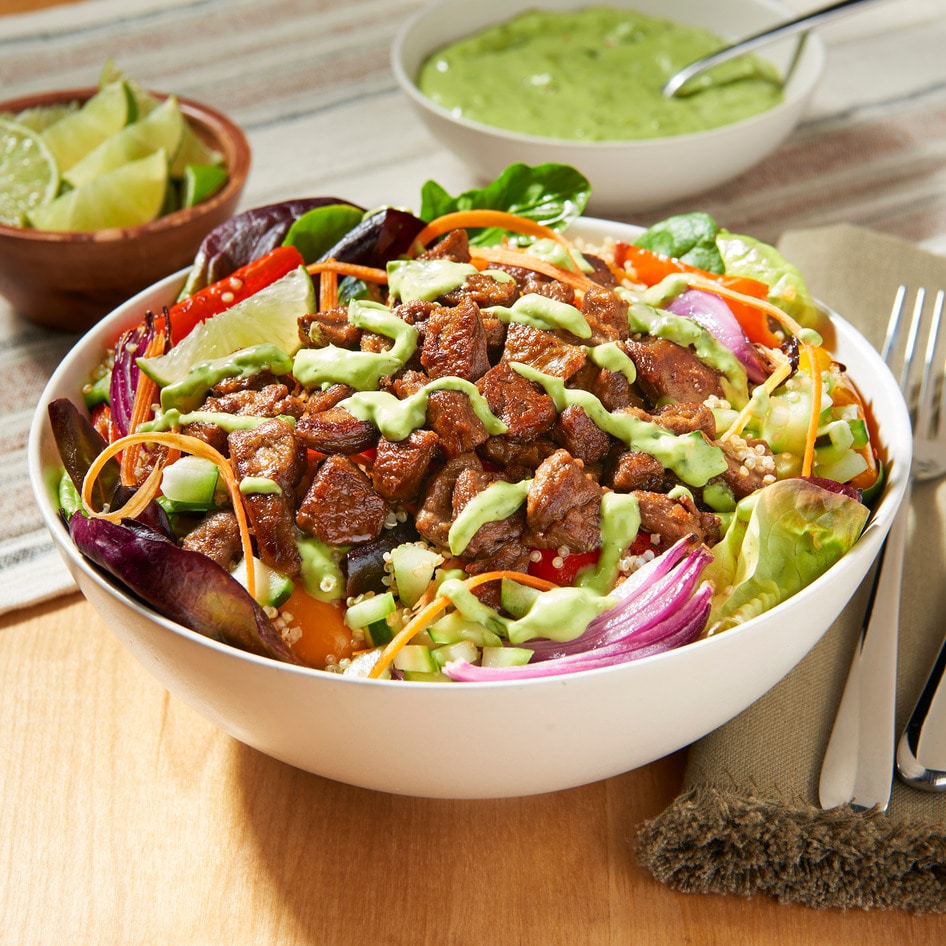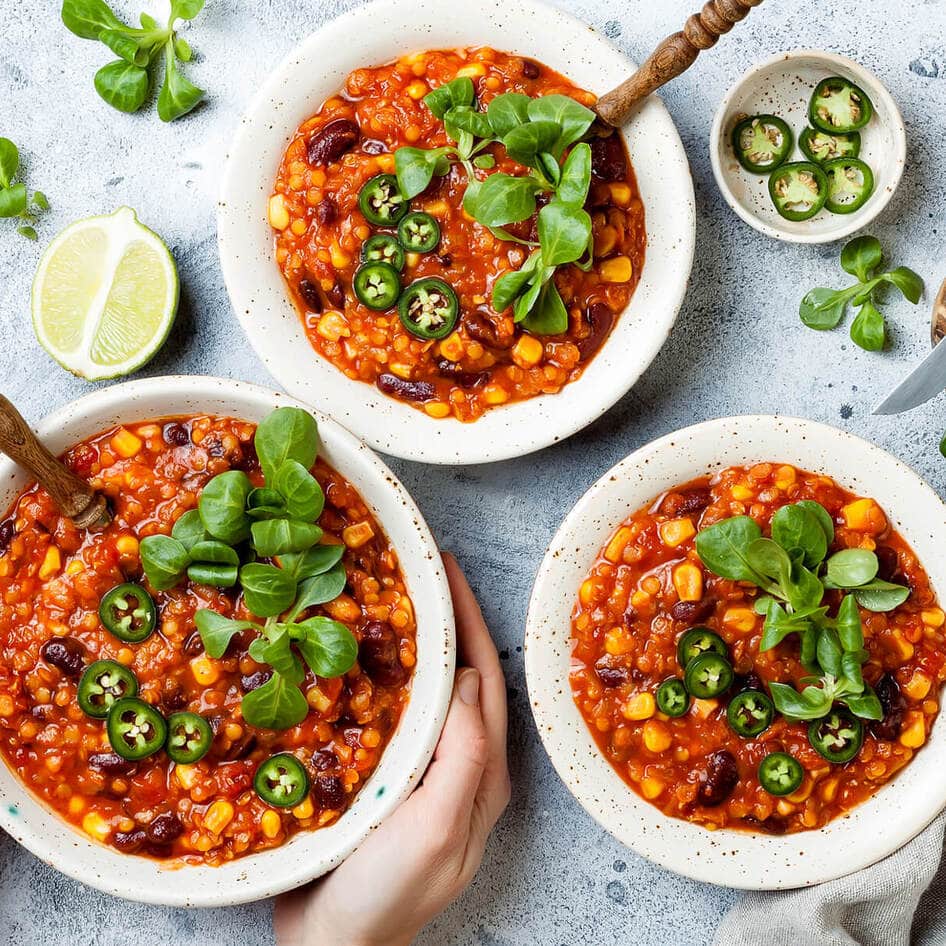5 Things You Might Not Know about Veganism (Even if You’re Vegan)
Luckily, even the most diehard myths surrounding a plant-based diet have an expiration date.
November 15, 2016
Veganism is a broad and modern topic that covers many different issues, including (but not limited to) animal exploitation, environmental concerns, and our personal health. Similar to any topic garnering attention from mainstream media, a plethora of myths surround plant-based living, many of which have been planted by unscrupulous lobbyists. Many vegans can speak at length regarding the numerous benefits of a cruelty-free diet, but even the hardest of hardcore herbivores can’t know everything. To help broaden your perspective, we’ve created a list of five things about veganism you might not know.
1. Cooked starches made us human, not animal products
Many people believe that eating meat caused our ancestors to develop larger brains and become what we identify as today: modern humans. But this isn’t true, as cooking and the consumption of starchy plants most likely were the crucial aspects of human evolution. Many scientists had been convinced that our species started cooking only 500,000 years ago and that animal products rich in calories and softer in texture had been responsible for the evolution of Homo erectus. There was only one problem with this theory: Homo erectus appeared 1.6–1.9 million years ago, and until 2012 there hadn’t been any solid evidence for humanly controlled fire dating that far back. Their beliefs were contradicted when remainings of humanly controlled fire from 1 million years ago were found in the Wonderwerk Cave in South Africa, a place where humans and our apelike ancestors had lived for 2 million years. Even though this discovery was very important, decades earlier there had been hints for very early human use of fire along the way. In Kenya, for example, potential evidence had been found in 1988, dating back as far as 1.5 million years. There are also other aspects that make it highly unlikely that animal products, no matter how fatty or protein-rich, could have provided enough energy for the development of our species. The human body runs on glucose, and all energy in our bodies is created by a process called cell respiration, in which sugar and oxygen are transformed into carbon dioxide, water, and energy. This process works with carbohydrates as a food source, but up to 47 percent of energy is lost when converting those fatty acids to glucose. Furthermore, protein is not a good source for energy because it contributes little to glucose production, even under optimal conditions in healthy humans. Although our ancestors irregularly may have received fat and protein through the consumption of hunted animals, only cooked starchy foods could have provided an effective and reliable source of energy abundant enough to enable their development into what we are today.
2. Carbs aren’t harmful
When someone is insulin resistant, it means that his or her body fails to respond normally to the hormone insulin (which is produced when glucose from the digestion of food is released into the bloodstream). This lack of response leads to an unnatural accumulation of sugar in the blood (“spike”) and the energy crash afterwards. This condition is also the underlying cause for pre- and type 2 diabetes because of something called lipotoxicity, which describes the negative effects of saturated fats. But not all saturated fats are harmful. While palmitate—found mostly in meat, dairy, and eggs—causes insulin resistance, oleate—found mostly in nuts, olives, and avocados—can actually improve insulin sensitivity.
3. Veganism is great for women
You might not know this, but adopting a high-fiber vegan diet, especially a low-fat one, can drastically improve PMS symptoms, menstrual pain, and the overall length and intensity of the menstruation.
4. Soy products are unhealthy only if you have an allergy
Unlike animal products such as dairy—which naturally contain sex hormones like estrogen—the phytoestrogens contained in soy products don’t “feminize” anyone. So while men certainly don’t need to be afraid of soy, women in particular can benefit from its consumption before and during menopause because phytoestrogens reduce the occurrence of hot flashes significantly while providing protection from osteoporosis.
5. Your back might be killing you, but it could be your diet
Many people suffer from chronic lower back pain without ever getting a concrete diagnosis other than “psychosomatic causes.” Fortunately, treating clogged arteries (aka, atherosclerosis) could be a major factor in helping those affected. A 2004 study published in the medical journal Spine said that 77 percent of the female and 78 percent of the male participants had been diagnosed with clogged lumbar and/or middle sacral arteries. The scientists summarized that the obstruction of these arteries caused by atherosclerosis can result in ischemia (restricted blood supply) in the lumbar spine and back symptoms and disc degeneration. If these patients adopted a vegan (and therefore cholesterol-free) diet, their arteries could heal and their backs would have a chance to recover.
Vivian Penelope Alvéz is a Berlin-based writer and author of A Short Guide to Veganism.
JUMP TO ... Latest News | Recipes | Guides | Health | Shop







